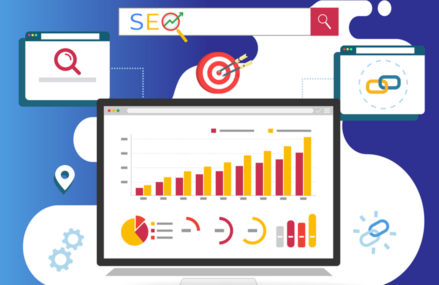The benefits of cloud technology are numerous. They provide access to information from any location, regardless of operating system or location. Additionally, cloud-based software, like that found at https://cloud9.software/, is adaptable, enabling users in different places to access the same system. It also allows for stable communication between orthodontists and their clients. Automated updates are also an added advantage. These are just a few advantages of cloud software for orthodontic practices. Read on for more.

Reduces IT Costs
While most dental practices do not participate in Medicare or Medicaid, many do. As reimbursements decline, the costs associated with maintaining a server and a network will increase. As reimbursements decline, more dental practitioners will look to reduce their infrastructure costs and consider a cloud-based system. Moreover, cloud-based systems are highly flexible, require little local hardware, and only minimal maintenance. In addition, cloud-based systems can be used across multiple locations, which makes them more cost-effective than their traditional counterparts.
Besides the high upfront costs, cloud-based systems are less expensive than on-premise software. It is because the subscription fees are much lower than the on-premise alternatives. The software is also more cost-effective since you pay only for what you use without worrying about renewal fees or licensing. Furthermore, you’ll save money on people-power costs, as you’ll only pay for your services.
Allows Multi-location Practices
Some orthodontic practices operate in multiple locations within the same geographic area. It simplifies scheduling and can help multiple practices meet their patients’ needs. In addition, because multiple offices are operated under the same practice, all providers will have access to patient records and data. Therefore, managing multiple locations with a single practice management software program is possible and beneficial.
Most modern orthodontic software packages allow multi-location practices to manage their websites from different locations. As a result, these practices can save time and money by reducing the need for phone calls and email correspondence.
Provides Stable Communication
Cloud services are an excellent choice for dental professionals because they allow easy integration with other software, such as a reminder system and messenger. The convenience of cloud-based services also allows for more stable communication with clients. The growth of cloud-based technologies has been spurred by the global pandemic and the inclination of specialists towards remote work. Cloud-based client portals for orthodontists work on the fundamental tenet of offering real-time case updates and tracking data. Dental clinics may see records for all cases supplied to the lab via a secured web connection. If dentists and the lab can view the same picture or case record at the same time to address queries or problems, communication regarding difficult situations is also considerably facilitated. Client websites also offer crucial communication capabilities, such as the ability for dentists to adjust specific design choices so that cases are regularly finished.
Reduces Employee Downtime
Choosing a cloud-based software solution for your orthodontic practice can help keep your office organized, reduce employee downtime, and positively impact your patients. Cloud-based orthodontic practice management software has the advantage of being 100% in eliminating downtime from network problems and software updates. Downtime can affect your practice’s reputation among patients. Not only will patients not be able to get the treatment they need, but they will be less likely to come back to your practice if you can’t provide them with their appointment schedules and records. While reputational costs vary by practice size, one day of downtime can cost your practice many potential patients. However, you can avoid these negative consequences with the right backup solution. Cloud-based solutions allow dentists to work offsite. Because cloud-based solutions are hosted on servers that are far away from your practice, a server failure won’t cause as much downtime. However, most dentists choose to store data on their local Windows Server and have to set up a backup plan to minimize downtime.



